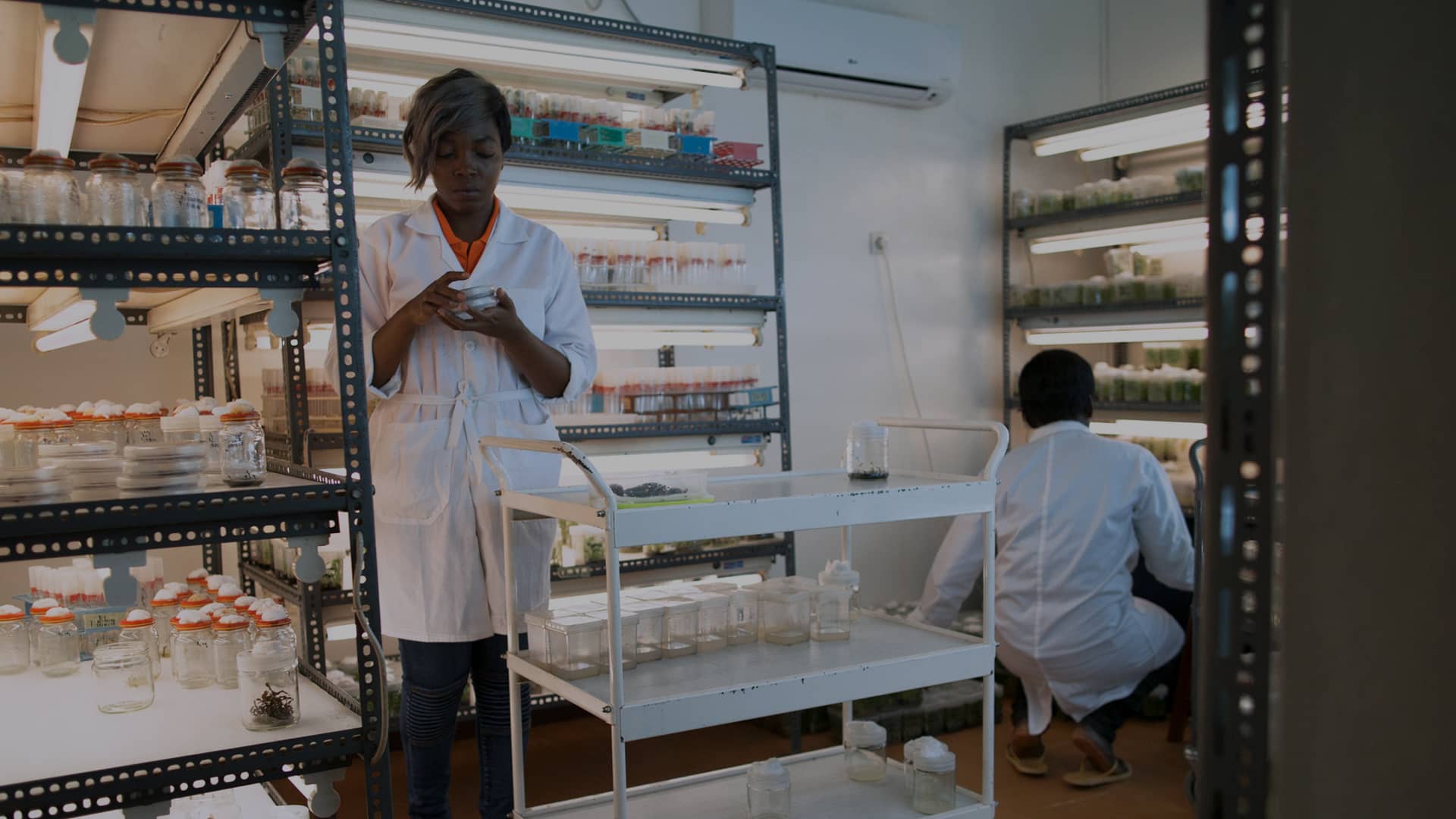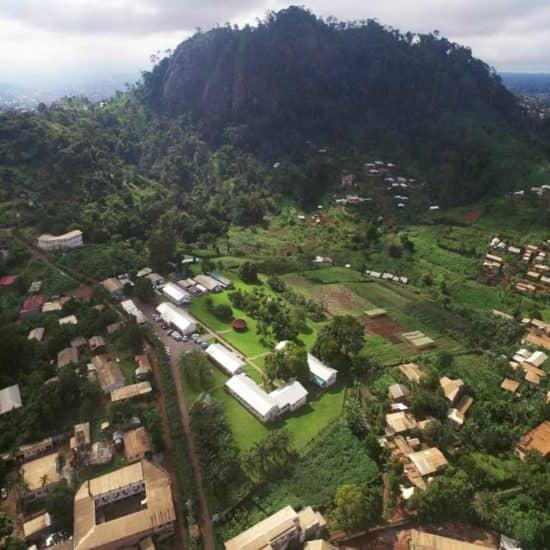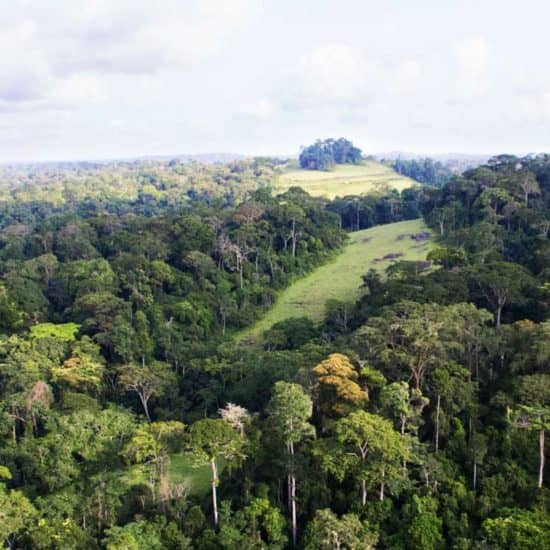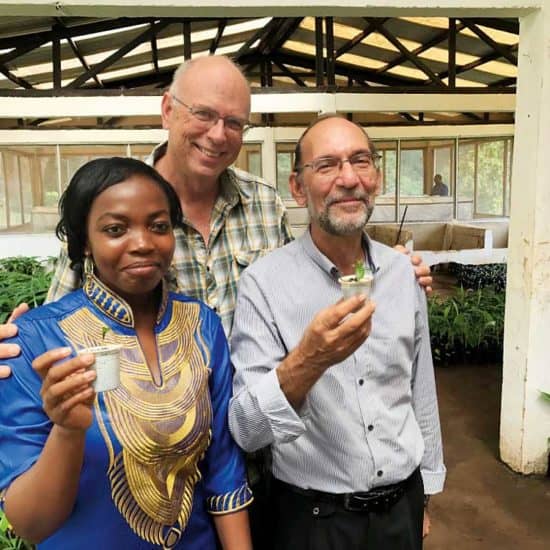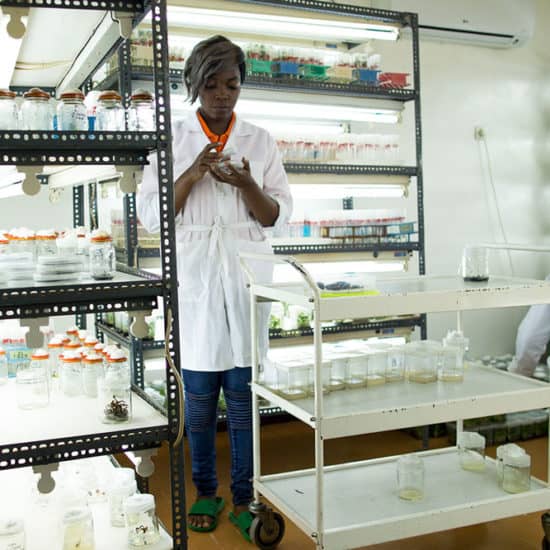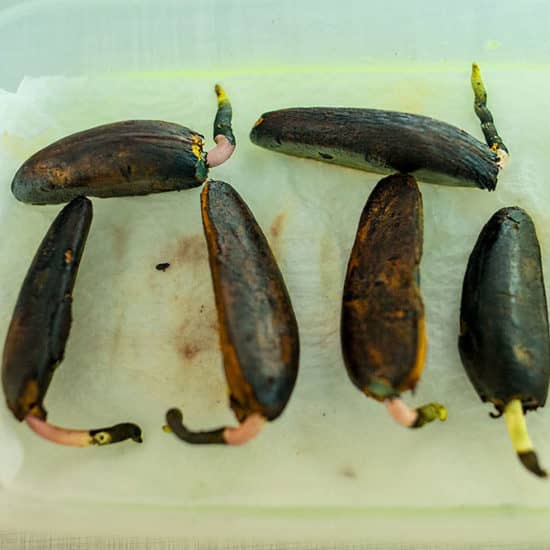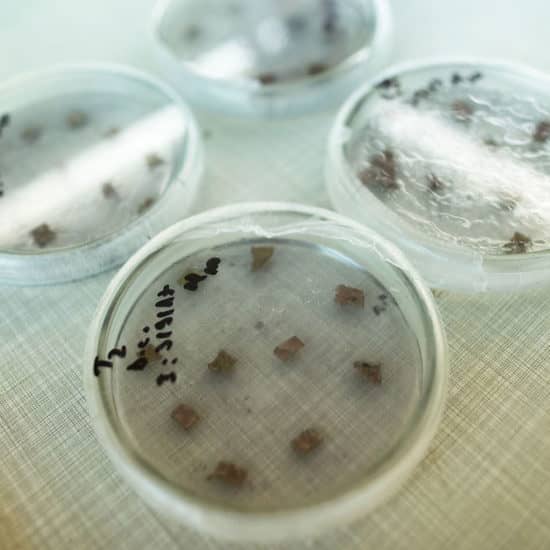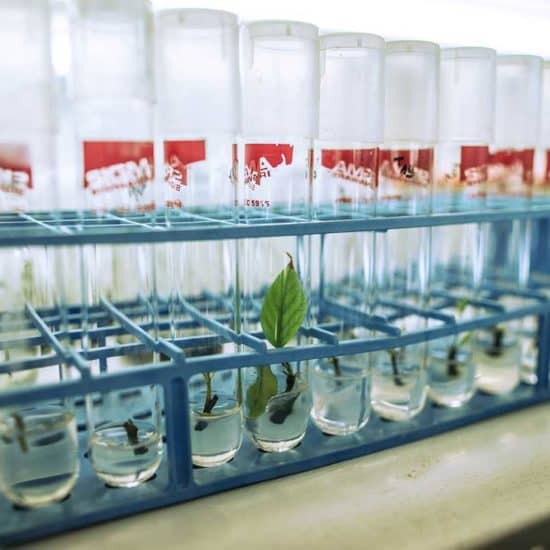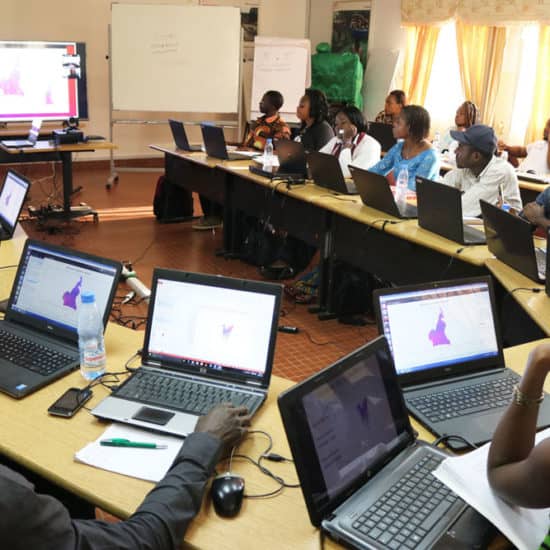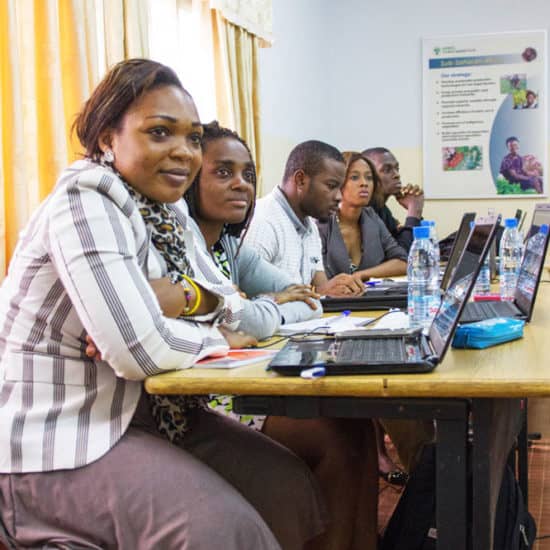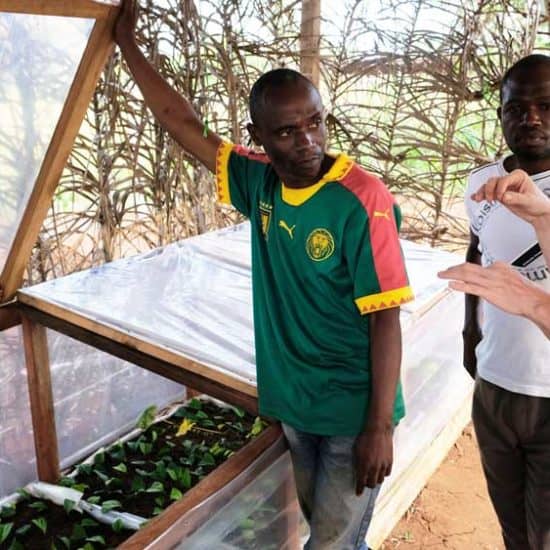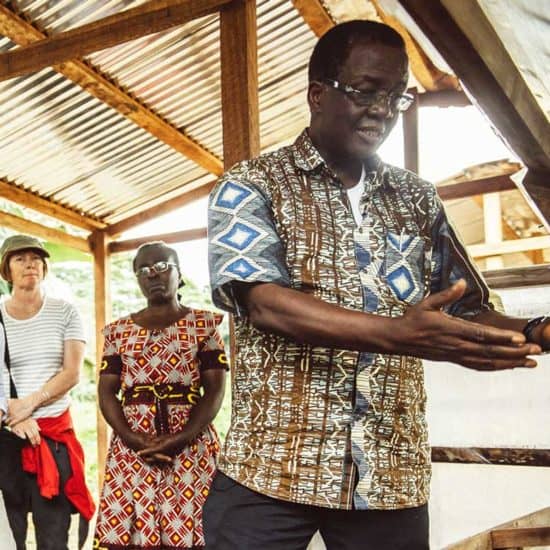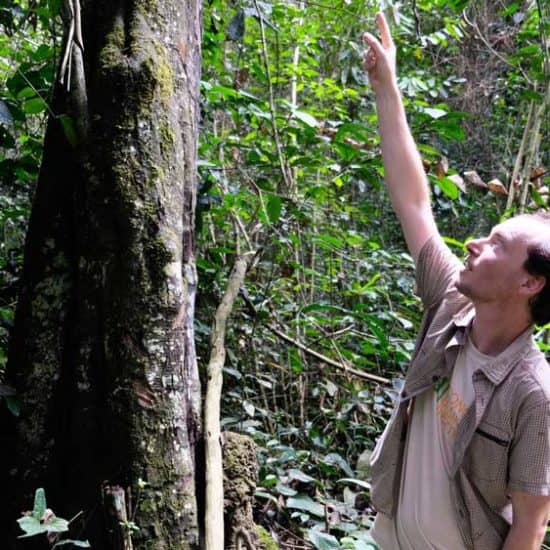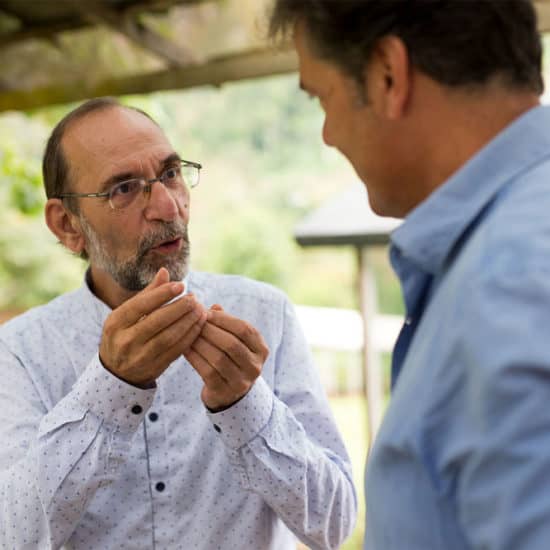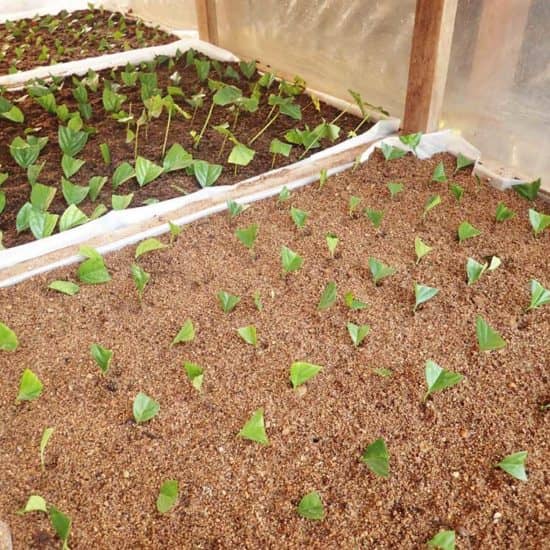Meet Dr. Tom Smith and the Congo Basin Institute
Tom is the founding director of the Center for Tropical Research, Institute of the Environment and Sustainability, and a professor in the Department of Ecology and Evolutionary Biology at UCLA. Tom has spent more than 35 years in Cameroon researching tropical rainforests. He helped to create the Congo Basin Institute (CBI), a multi-institution forest and agroforestry research center that was formed to address sub-Saharan Africa’s pressing environmental and developmental challenges. Located in Yaoundé, the CBI campus is home to several research institutions, which include UCLA’s Center for Tropical Research (CTR) and Institute of Environment and Sustainability (IoES); the International Bilingual Academy/High Institute of Environmental Science (IBAY SUP); and the International Institute of Tropical Agriculture — Cameroon (IITA).
Video: Dr. Tom Smith
Dr. Tom Smith talks about how his research work in Central Africa led him to study the ecology of rainforests.
One of the central goals of the Congo Basin Institute is to provide a hub of scientific learning based in Central Africa in order to directly address the critical environmental and development issues facing the Congo Basin. Historically, limited resources and infrastructure have forced Central Africa’s brightest students abroad for their studies, without opportunities to return. CBI was established to address this “brain drain” effect by providing a robust base for higher education and scientific research, with the goal of engaging Africans to solve the problems of their native region.
Video: The Congo Basin Institute
Tom Smith and others talk about the mission of the Congo Basin Institute
After Bob Taylor and his wife Cindy agreed to fund the ebony research project at CBI, the project was launched with the Congo Basin Institute in 2016 with the overarching goal of better understanding ebony ecology, enhancing ebony stocks through a community-driven planting program, and collecting crucial data to refine techniques for ebony production and management. The project has an ambitious initial goal of planting 15,000 ebony trees at a community level during the first several years.
Already the research project has revealed a wealth of new insights about the ecology of West African ebony, including an emerging understanding of the symbiotic relationships with mammals and insects that helps the tree disseminate its seeds, as well as an emerging understanding of how humans can propagate the species artificially. In addition to planting seeds, other successful methods include a microcutting process called vegetative multiplication, in which a fragment taken from a parent plant is used to grow a new plant. Researchers are also studying the cultivation of ebony via tissue culture.
Stay informed about The Ebony Project. Subscribe now for email updates on the Ebony Project, guitar news and more from Taylor Guitars.
SIGN UP


